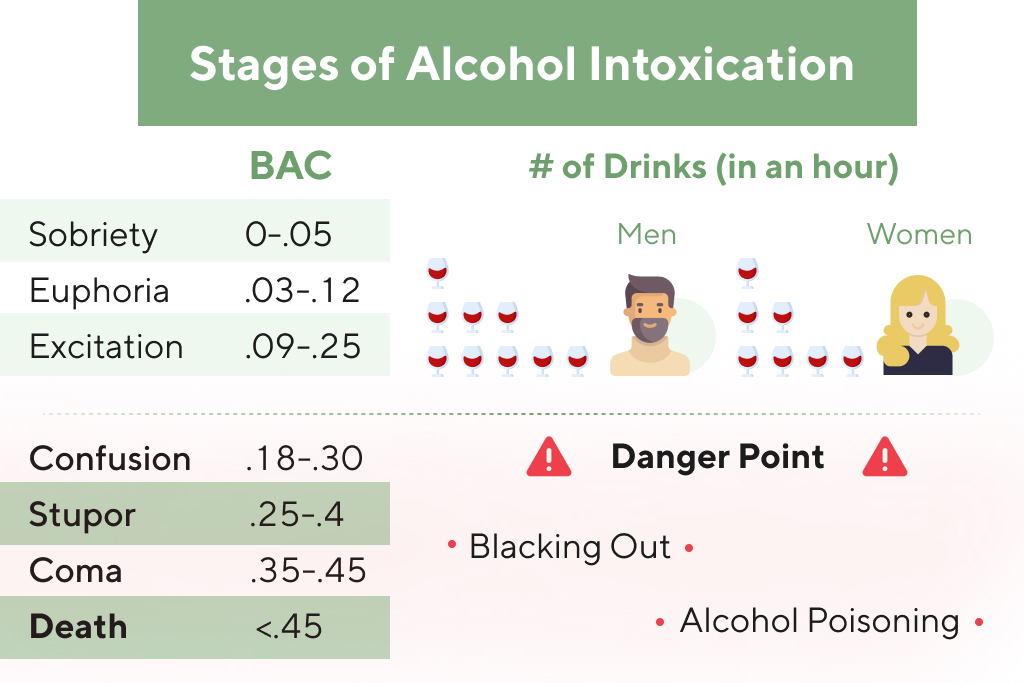The role of family involvement in long-term addiction recovery
Encourage treatment and structure, but avoid micromanaging or demanding specific outcomes. Covering up mistakes, giving money, or rescuing your loved one from consequences may feel helpful—but it can delay their motivation to change. Empower them to rebuild autonomy—whether that’s job hunting, attending therapy, or managing responsibilities. The New Facilitator Training consists of a required two-day virtual training session and a formal onboarding plan for each facilitator.

Evidence Based
Supporting someone through addiction recovery means encouraging their sobriety, holding them accountable, and being there during their highs and lows without making excuses for their actions or helping them avoid the consequences of substance use. Consider finding a counselor or therapist specializing in addiction to help you process emotions and develop coping strategies. Regular contact with your support network can foster belonging and reduce feelings of isolation, which are common during recovery. Family members can assume healthy roles and behaviors to encourage and support recovery. For example, family support in addiction recovery a parent may play the role of the supportive but firm caregiver who encourages their loved one to take thoughtful and positive action.
EP 91: Addiction Recovery Caregiver Burnout: How a Cold Shower Helped Reset

The family needs to be there for the person struggling, just as the person struggling needs to be open to recovery. Family members may feel frustration as the adolescent skips school, gets poor grades, or befriends other teens who abuse drugs. Parents often feel anxiety over their child’s whereabouts and sudden changes in their social circles.
- Since adolescents are still developing social and behavioral patterns, early substance abuse can complicate future events.
- According to Brown, the main difference between the transition stage and the early recovery stage is a general lessening of the physical cravings and psychological impulses for alcohol.
- The support of peers and social networks can help keep individuals engaged in treatment, and committed to their recovery.
- The strain on relationships and the strain on finances can create a cycle of hardship that compounds the overall impact.
Emotional Support
- Families that actively engage in their loved ones’ recovery can provide crucial encouragement, understanding, and motivation—elements that are essential for individuals committed to maintaining sobriety.
- Through emotional support, setting healthy boundaries, encouraging treatment, and engaging in the recovery process, families can help their loved ones overcome addiction.
- Family members can become supportive caregivers, accountability partners, and motivators, reinforcing the recovering individual’s commitment to sobriety.
- Our family counselors work with families to help them heal the wounds of addiction and build strong, healthy relationships.
Maintaining a commitment to recovery can be a challenging process for anyone overcoming addiction. Practical support, such as helping with daily tasks or attending therapy sessions together, eases the stress of recovery. To our knowledge there are no evidence-based strategies to guide family members toward referring their youth to SU screening and other treatment services. It’s essential to recognize that even in moments of active addiction, family members can play a pivotal role in Alcoholics Anonymous the treatment process, helping the addicted family member stay on track.
They smooth things over and run interference to keep the addict from experiencing the logical consequences of their poor choices. This enabling behavior often stems from their desire to avoid shame and embarrassment. They will often stunt the addict’s ability to recover if they don’t change their patterns. They can be counted on to never “rock the boat.” They avoid conflict and suppress their emotions. They do not drain the limited emotional resources of the family, but suffer deeply internally.
Key Elements of Family Involvement
- Like other 12-Step groups, Al-Anon members use spiritual themes to encourage acceptance and compassion.
- Such a supportive atmosphere is crucial for recovery, allowing family members to openly discuss their feelings and experiences related to addiction.
- Practical support, such as helping with daily tasks or attending therapy sessions together, eases the stress of recovery.
- In short, Family Support Navigators provide support for families throughout the recovery process and connect them to a variety of vital resources.
- By prioritizing clear and empathetic communication, families enhance their ability to navigate the complexities of recovery together.
While professional treatment is essential, the role of family cannot be understated. Family members can be both a source of support and a part of the recovery process, significantly influencing the individual’s journey toward sobriety. This post aims to explore how family dynamics impact recovery and provide actionable strategies for improving family involvement. These dysfunctional roles serve as coping mechanisms within the family system but ultimately hinder progress and healing. Therefore, recognizing these roles and actively working towards healthier dynamics with family support in addiction recovery is crucial. Addressing and transforming these roles is essential for the individual’s overall well-being and long-term success in overcoming addiction.